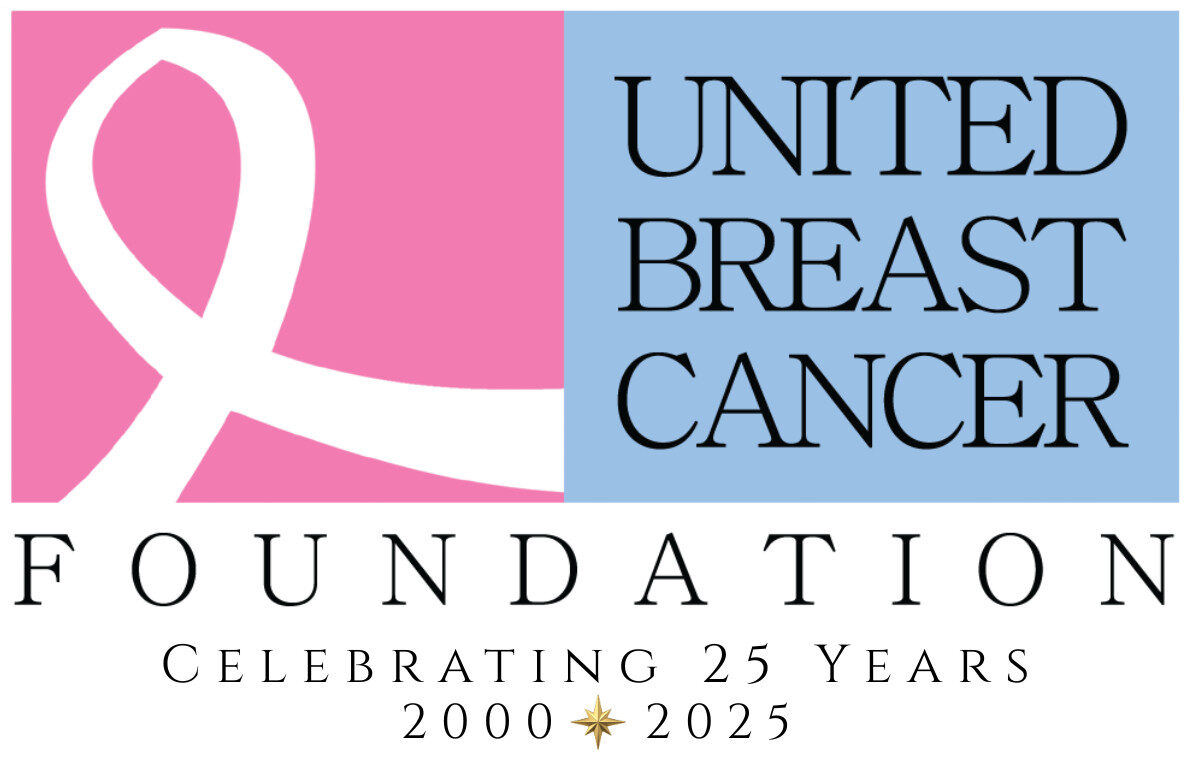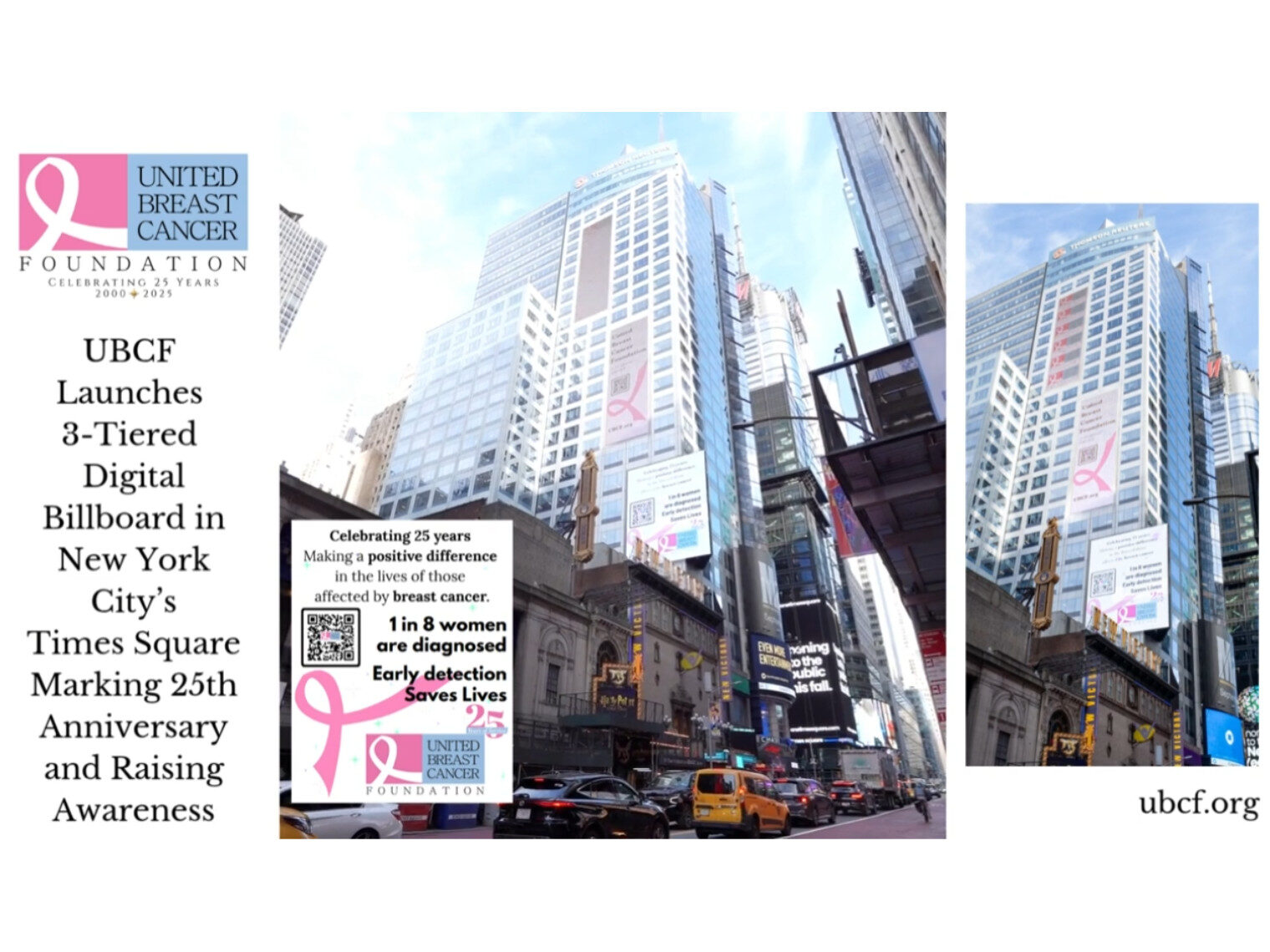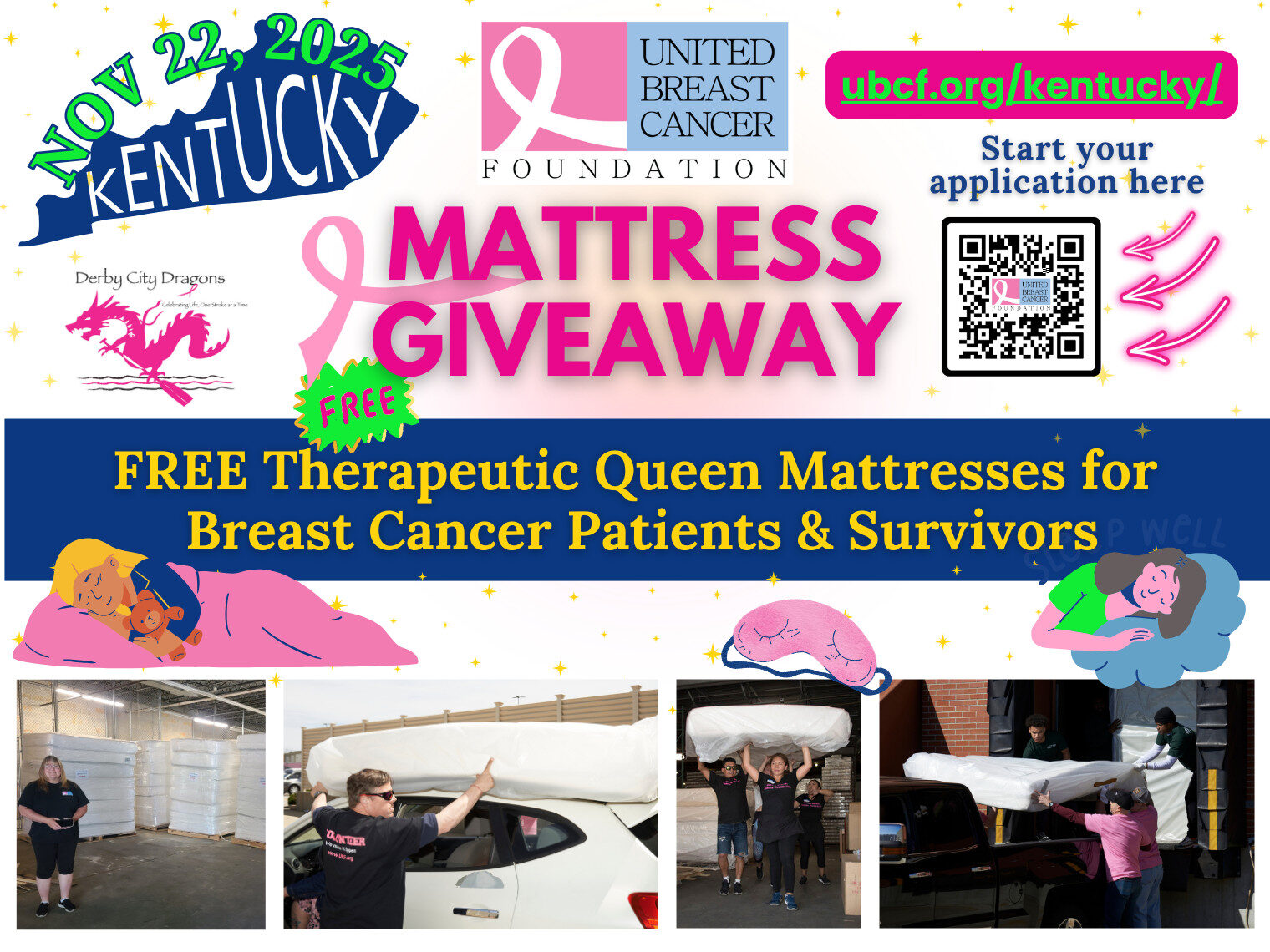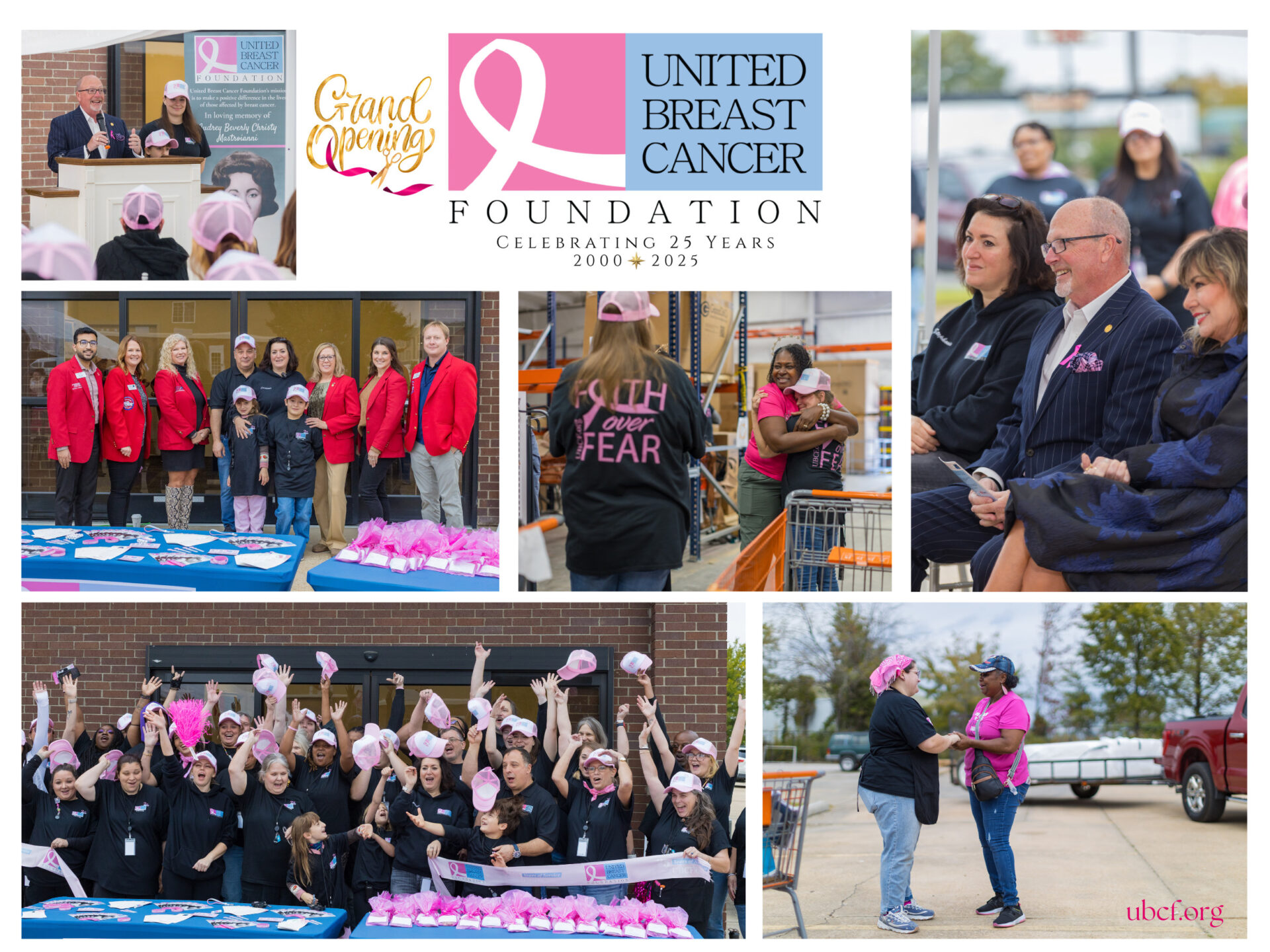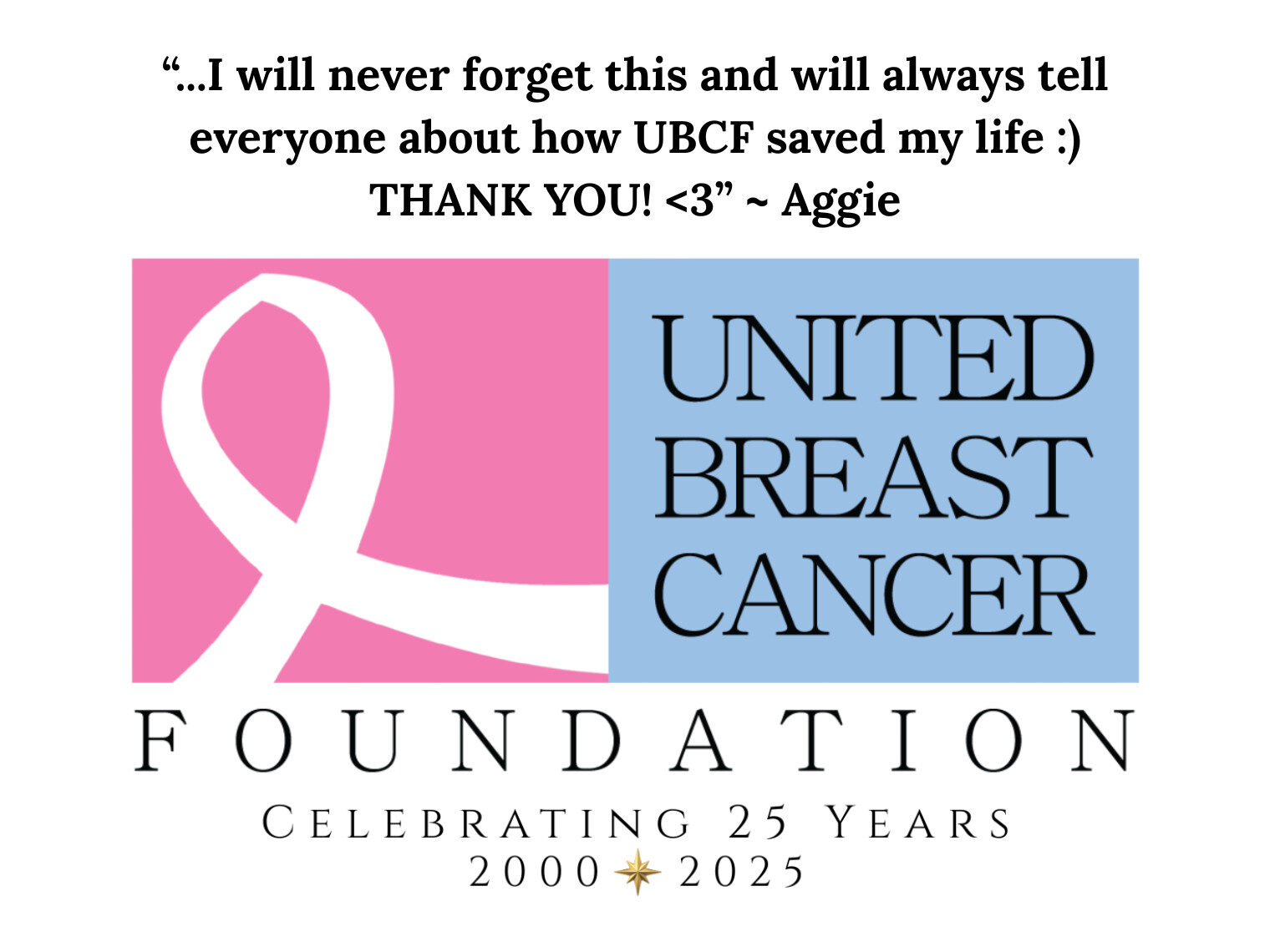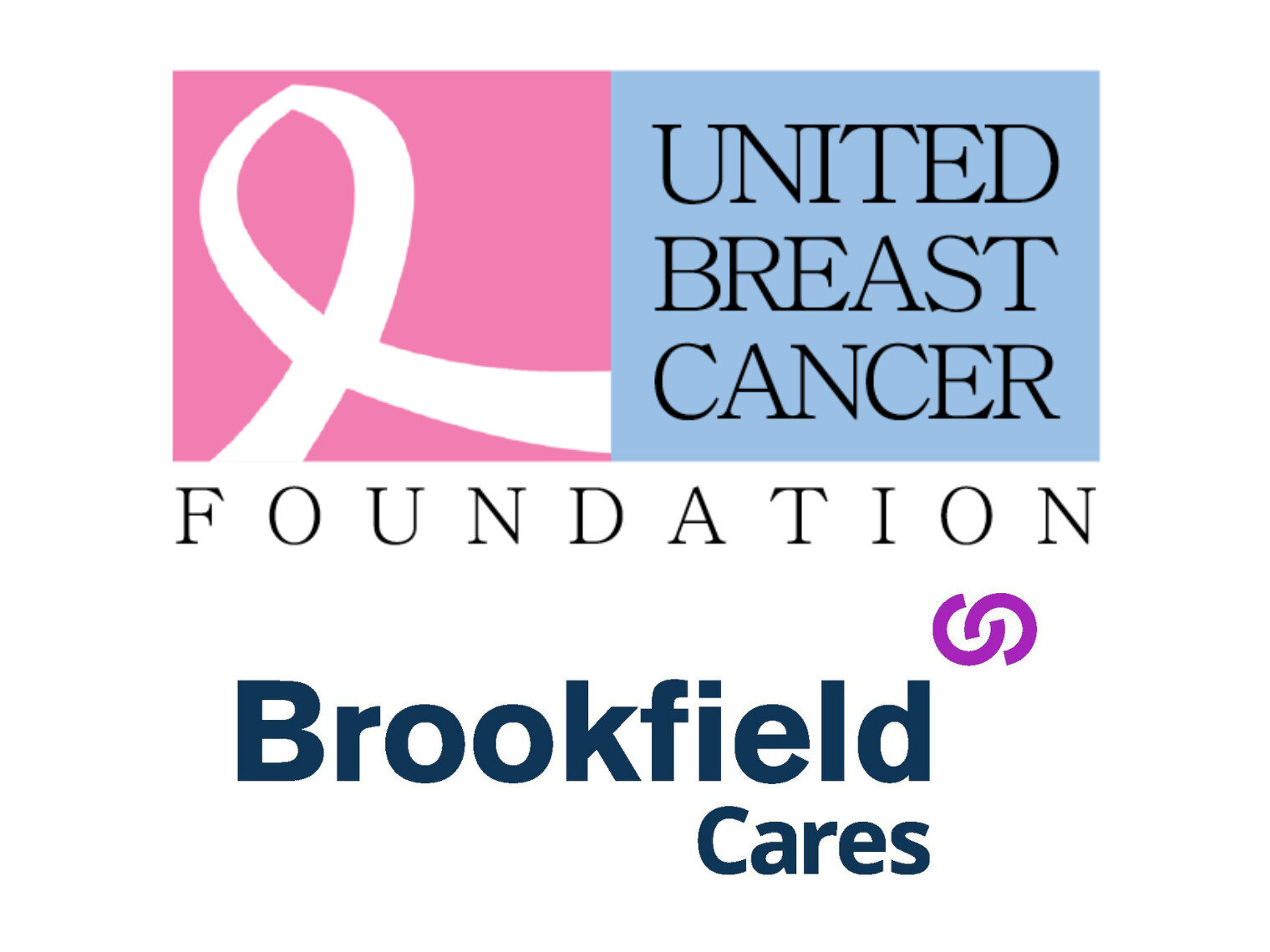When your doctor asks, “What is your family history?” What do you say?
Well, if you’re like most people, you’re going to assume it’s about your genetics. In other words, genes inherited from your biological parents. Well, genetics does play a role but not as significant as you think. Our environment and lifestyle play a much more significant role in the way we can develop certain diseases.
In fact, very rarely do our genes become the single cause of a serious disease. The lifestyle choices and the environment in which we live, have a far greater impact on how we develop certain diseases.
So how can, for example, cancer, develop due to our environment and/or lifestyle? There is one possibility. Epigenetics.
What are epigenetics?
Epigenetics refers to changes in gene expression without changing the DNA sequence. These are the genes that can be turned “on” or “off” (or “active” and “inactive” respectively) depending on the environment, lifestyle and age. This is not something dangerous, it is a normal cellular process; however some of these changes have the potential to develop into major diseases such as cancer. For example, over time, exposure to smoking can cause abnormal epigenetic pathways making our bodies more susceptible to developing cancer. How? Certain gene expressions such as tumor suppression could be turned “off”.
So really, when your doctor asks you what your family history is, your doctor is looking at what diseases you may be susceptible to, based on your genetics, environment and lifestyle. And often, those who are related to you also live in a similar environment and have a similar lifestyle. This information gives your doctor insight to your susceptibility to developing certain diseases.
In the chain of family history, the first are your immediate family. Usually they are your parents and siblings. Most people stop here. Well, I’ve got news for you, that’s not your complete family history. The more you know about your family, the better prepared you and your doctor will be. No one likes surprises when it comes to their health. So take charge. Learn about your aunts, uncles, nieces, nephews and even as far as first cousins. You don’t know where a disease could be lying in wait. Epigenetics is a huge field and there’s a lot you can do to be proactive about your health. Take charge and know your family.
Sources:
http://www.genesinlife.org/genes-your-health/how-do-your-genes-and-environment-interact
http://my.clevelandclinic.org/services/genomics-genetics/patient-resources/family-history
http://www.cancer.org/cancer/cancercauses/geneticsandcancer/heredity-and-cancer
http://www.cdc.gov/genomics/famhistory/resources/faq.htm
